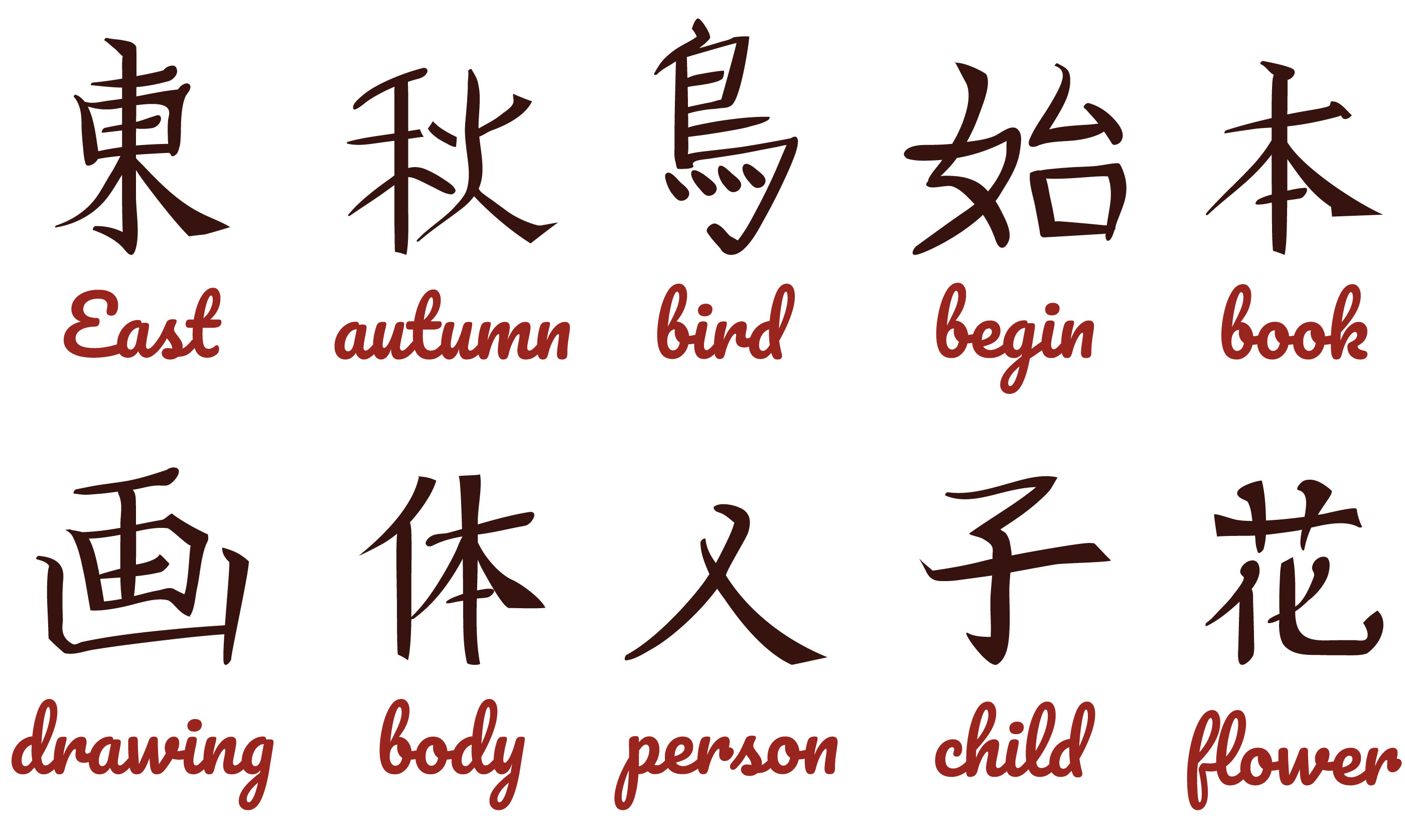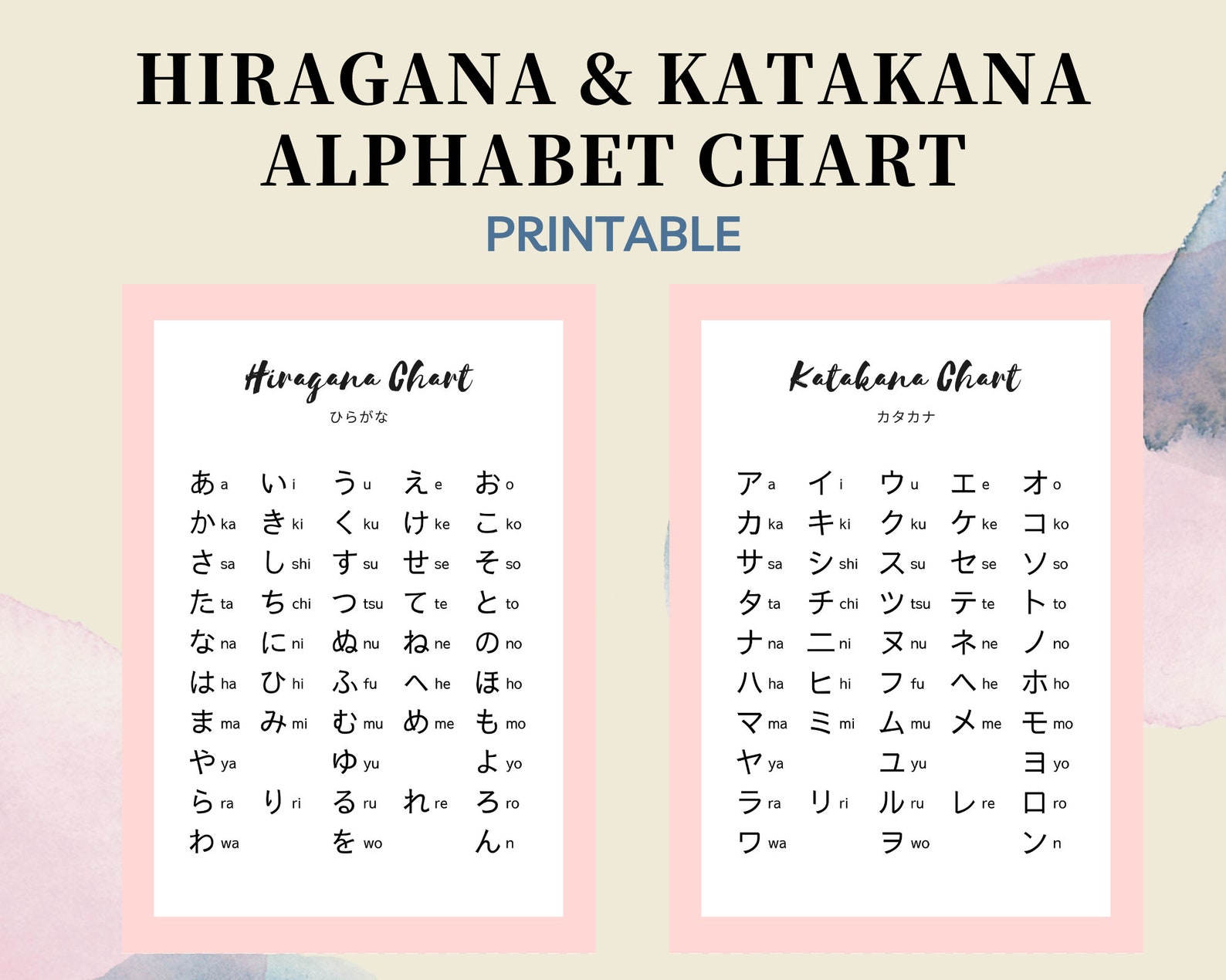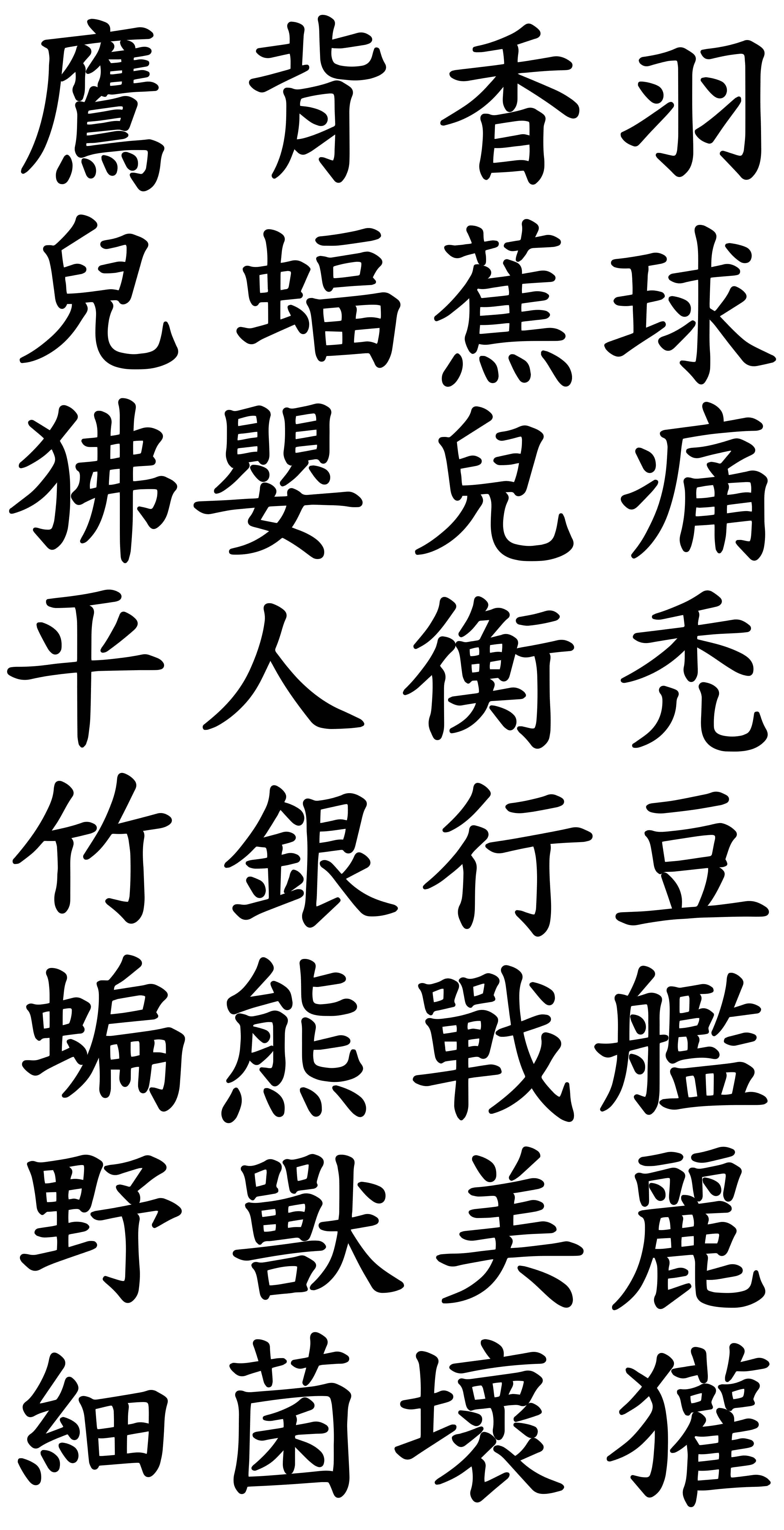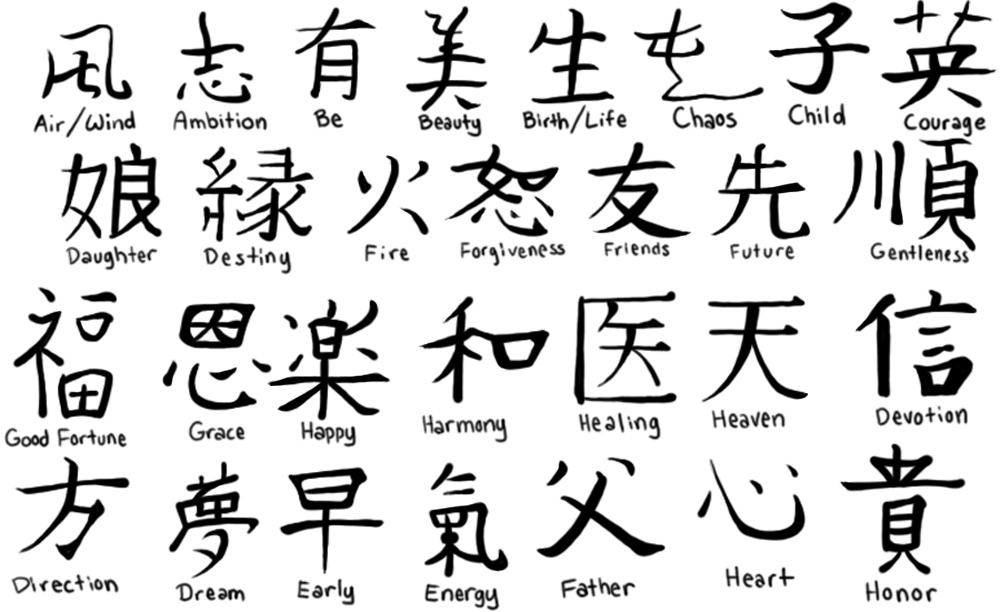
How To Write Always And Forever In Japanese Better opinion! Japanese words, Japanese phrases
Mini Clues / By Nate Parkerson Japanese writing using Chinese characters NYT Crossword Clue Answers are listed below. Did you came up with a solution that did not solve the clue? No worries the correct answers are below. When you see multiple answers, look for the last one because that's the most recent.

Free Kanji Vectors 171640 Vector Art at Vecteezy
1 of 5 > (When romanizing words in Japanese, I used contemporary Japanese spelling wherever possible and avoided more correct spelling according to historical linguistics, in order to avoid some complexity not relevant to the main line of exposition.) Early Development, Kanji, Man'yōgana, Katakana, and Hiragana

japanese dream stone symbols Chinese symbol tattoos, Symbols and meanings, Kanji tattoo
When to use hiragana (ひらがな) Hiragana represent sounds in Japanese. However, unlike an alphabet that represents individual letters, each hiragana usually represents a combination of a consonant and a vowel.

Alphabet In Japanese Kanji Kanji is symbolic, or logographic. Sschool Age Activities for Daycare
Hiragana and Katakana consist of a little less than 50 "letters", which are actually simplified Chinese characters adopted to form a phonetic script. Chinese characters, called Kanji in Japanese, are also heavily used in the Japanese writing. Most of the words in the Japanese written language are written in Kanji (nouns, verbs, adjectives).

Pin on Chinese letter symbols
The Japanese writing system consists of 92 basic characters belonging to the Hiragana and Katakana syllabic scripts. Additionally, the Japanese writing system also uses a set of Chinese characters known as Kanji. Kanji consists of thousands of characters, but the number of characters in everyday use is around 2,000 - 3,000.

hiragana chart Căutare Google Japanese Alphabet Kanji, Kanji Alphabet, Alphabet Latin, Chinese
Absolutely central to Japanese writing are the 漢字 (kanji), which literally means "Chinese letters". These comprise a system of Chinese characters that have been adopted in Japan for writing the Japanese language. The writing of Japanese using kanji began about 1500 years ago. About 44,000 kanji exist, but following a major series of writing.

Výsledek obrázku pro japanese alphabet with english letters az Chinese alphabet, Chinese
Kanji Kanji (漢字) are logographic characters ( Japanese-simplified since 1946) taken from Chinese script and used in the writing of Japanese. It is known from archaeological evidence that the first contacts that the Japanese had with Chinese writing took place in the 1st century AD, during the late Yayoi period.

Japanese kanji symbols vector Free download Chinese symbol tattoos, Japanese tattoo symbols
Hiragana and Katakana each have 46 symbols, representing the same 46 basic syllables. Additional sounds are derived from these using several additional conventions.. Horizontal and Vertical Writing. Like Chinese, Japanese is traditionally written vertically, with columns going from right to left. Nowadays, Japanese is very often written.

100 Beautiful Chinese Japanese Kanji Tattoo Symbols Amp Designs inside Japanese Symbols Tattoo
By YukoSensei on July 16, 2016. In Japanese, we use three writing systems: Hiragana, Katakana, and Kanji (Chinese characters). Understanding Japanese writing systems and how they work are crucial in mastering the language. You must be aware of how each set of characters functions especially if your goal is to learn to write in Japanese.

Japanese Alphabet Hiragana and Katakana Chart Pink Study Etsy
Hiragana (平仮名, ひらがな, IPA: [çiɾaɡaꜜna, çiɾaɡana(ꜜ)]) is a Japanese syllabary, part of the Japanese writing system, along with katakana as well as kanji.. It is a phonetic lettering system. The word hiragana literally means "flowing" or "simple" kana ("simple" originally as contrasted with kanji).. Hiragana and katakana are both kana systems.

Japanese Kanji Symbols And Their Meanings LZK Gallery Japanese tattoo meanings, Japanese
Kanji: Japanese kanji is the central writing system in Japan. We use kanji for names, verb roots, and adjectives. Hiragana: hiragana is used for grammar purposes, verb and adjective endings, prefixes and suffixes, etc. Some very common words are also written in hiragana rather than kanji. For example, you're more likely to see どこ ( doko.

Learn to read and write Kanji and speak Japanese fluently. Japanese language, Japanese words
2017-10-16 Chapter Overview The Scripts Japanese consists of two scripts (referred to as kana) called Hiragana and Katakana, which are two versions of the same set of sounds in the language. Hiragana and Katakana consist of a little less than 50 "letters", which are actually simplified Chinese characters adopted to form a phonetic script.

Japanese Writing Letters Alphabet / 2.3 Japanese / Of course ancient japanese used these letters
The modern Japanese writing system uses a combination of logographic kanji, which are adopted Chinese characters, and syllabic kana.

How to learn...? ALPHABET
The term kanji in Japanese literally means " Han characters". [4] It is written in Japanese by using the same characters as in traditional Chinese, and both refer to the character writing system known in Chinese as hanzi ( traditional Chinese: 漢字; simplified Chinese: 汉字; pinyin: hànzì; lit. ' Han characters'). [5]

chinese letters Nyc Tattoo, Free Tattoo, Get A Tattoo, Kanji Japanese, Japanese Symbol, Japanese
Chinese has been written exclusively using characters since the inception of the writing system, which can be traced back to about 3500 B.C.E. It began as incisions on bone and turtle shell for the purpose of divination ceremonies, politics, and warfare.

The Polyglot Blog Japanese Alphabet and Charts in Photos
(710-794), Japanese scribes had already created diverse ways of writing the Japanese language. During this time the language of choice for official documents was Chinese, so documents in this genre were written in best literary Chinese Japanese scholars could muster, using both Chinese syntax and vocabulary. This style was called